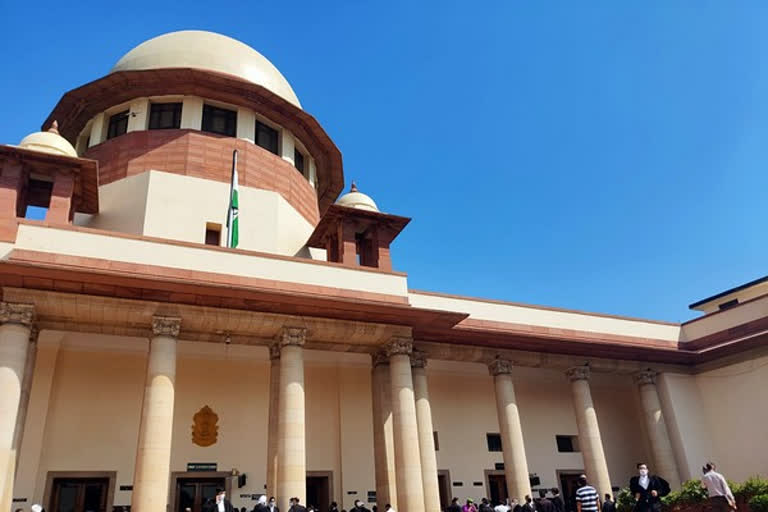New Delhi: The Supreme Court on Tuesday directed the Film and Television Institute of India (FTII) to allow enrolment of people with colour blindness in all its courses without any discrimination, stating that filmmaking is an art and any limitation can be overcome by help.
The bench comprising of Justice Sanjay Kishan Kaul and Justice MM Sundresh was hearing a plea filed by Patna resident Ashutosh Kumar challenging the order of the Bombay High Court which rejected his plea seeking admission to a three-year post-graduate diploma course in film editing at FTII. The petitioner had challenged the vision-based exam conducted for the course.
The apex court had earlier formed a committee of experts on the issue. The top court noted that as per the committee that individuals with colour blindness should be able to enrol for all courses at FTII. "Reasons being film and TV creations are collaborating art forms. Restricting may stifle creative talent, development of art. Any limitation can be overcome by help. Not for FTII to determine candidates future occupational prospects. The job of an editor, not mechanical, must creatively work with story, dialogue, music and performances and even rewrite the film," the bench said. The court noted that an International cinematographer was an Oscar nominee and he had relied on assistants to use the new age equipment.
Also read: Shekhar Kapur becomes new President of FTII Society
Kumar was also shortlisted for the course but his candidature was rejected after he was found to be colour blind during the medical examination. The authorities cited FTII rules which state that colour blind candidates are not fit for admission in a few courses, including film editing. Kumar had moved the high court in 2016 against rejection of admission but failed to get a reprieve.
The court also observed that the order of inclusion of individuals with colour blindness doesn't impede the institute's freedom but gives them a broader canvas for pioneering efforts and other institutes with similar courses should also discuss the issue.
(With agency inputs)



